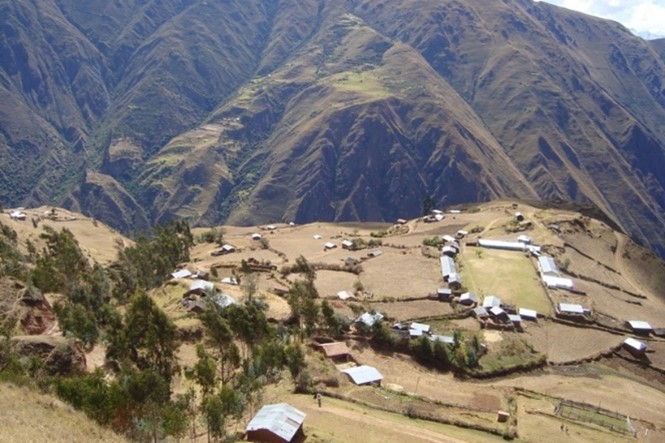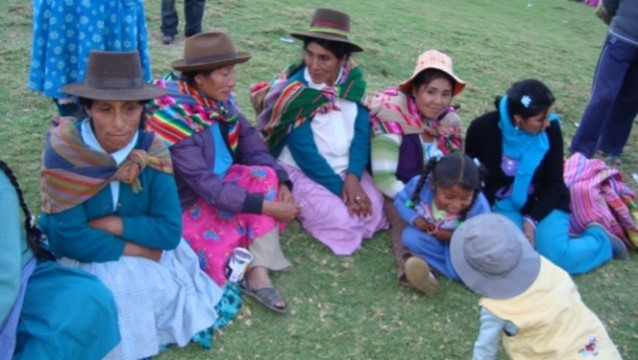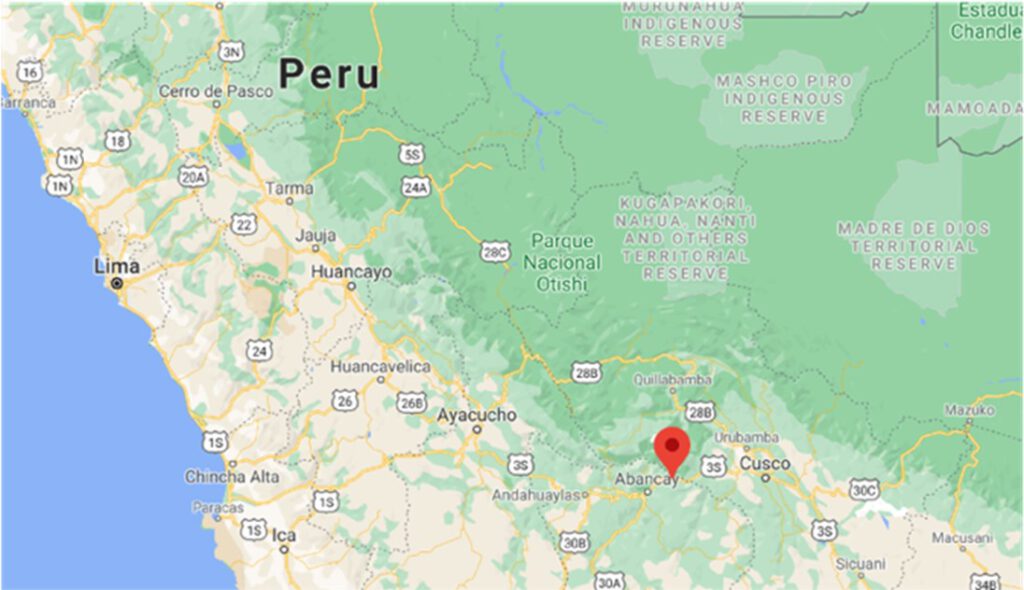Peru
Abancay
Background
In the Peruvian highlands, climate change has created new challenges for farm families: Changing weather patterns result in short, heavy rains that wash away topsoil and seeds, followed by long months without rainfall. To make matters worse, farmers face resource shortages and a lack of know-how, so their struggle to make a living leads to deforestation and overgrazing of land, further exacerbating the situation.
In Abancay, Peru, communities have a functioning water system with household connections, but the shorter rainy seasons are causing water sources to dry up, leaving the population without drinking water for many months of the year. This project uses the proven REPANAS method of establishing a conservation area around water sources and protecting them from human and animal contamination. The resulting supported and strengthened regeneration of vegetation and ground cover, especially through tree planting activities, improves the ability to absorb rainwater, increasing groundwater levels.
Project location
The project is being implemented in nine communities in Abancay in southern Peru near Cusco. The communities are located at over 3000 meters above sea level and are accessible only by bumpy roads. The population is scattered, as is typical of the region, and the communities have limited access to nearby towns.
Project beneficiaries
The population is made up of indigenous Quechua families who make their living primarily from subsistence agriculture and livestock. The project will directly benefit 1850 people. However, the overall impact of the project will be greater as people in surrounding villages will also benefit from increased water quality and quantity.
Project activities
Build shared community understanding and commitment to land and nature conservation measures.
Creation of five REPANAS nature reserves totaling 700 hectares that will protect water sources from pollution and promote natural regeneration
Establishment of three nurseries to grow native plants that support reforestation and accelerate the restoration of soil and plant cover
Construction of drainage ditches and “ccochas” (man-made water reservoirs in the Andes) that fill with rainwater that can percolate into the ground to replenish the aquifer
Training farmers in improved environmental techniques in agriculture and efficient water use
Establishment of a water management committee to promote responsible use of water and ensure ongoing maintenance
Project Goal
The REPANAS-based protected areas will increase water quantity and quality. This in turn will have a positive social and environmental impact. In addition, increased awareness and improved practices will promote continued nature recovery and respect for the environment.
Partner organization
Caritas Abancay has been working in sustainable development cooperation for 60 years with projects focused on environmental protection, food security, health and agriculture. Their work is based on a participatory model that takes into account the local culture.
Duration
November 2021 to December 2024
Costs
261,196 euros
Sponsors
– Federal Ministry for Economic Cooperation and Development
– Oswald Foundation
Contact person
Monica Denomy
WaterFoundation
m.denomy@wasserstiftung.de


